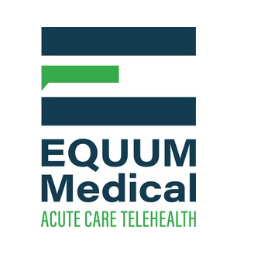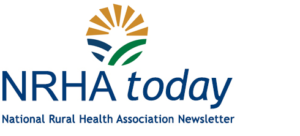August 25, 2023
HRSA Needs Rural Reviewers for Grant Applications
The Health Resources and Services Administration needs rural reviewers for grant applications. If you have expertise in certain subjects, you may be able to evaluate grant applications.
Grant reviewers are chosen based on their knowledge, education, and experience. They are also selected based on specific criteria in the HRSA Notice of Funding Opportunity (NOFO).
You can become a reviewer if you work or have experience in health care. If interested, register via the Reviewer Recruitment Module (RRM).
HRSA is looking for people with expertise in one of the following areas:
- Behavioral health
- Health workforce training
- HIV/AIDS
- Maternal and child health
- Primary care delivery
- Rural health
- Working with or a member of underserved communities
Additional experience:
- Diversity, Equity, Inclusion, and Accessibility (DEIA)
- Lived experience
- Health equity
- Social determinants of health
Note: HRSA is interested in reviewers who have expertise in social, cultural, or health care issues of people in rural areas, migrants, or Native Americans
What to Expect as a Reviewer:
- Review eligible applications against published evaluation criteria
- Input your scores and comments into an online portal, the Application Review Module (ARM)
- Discuss your scores and evaluation with other reviewers on your panel
Compensation:
Non-federal participants are compensated
Questions:
Email RRMTechAssistance@hrsa.gov for assistance






